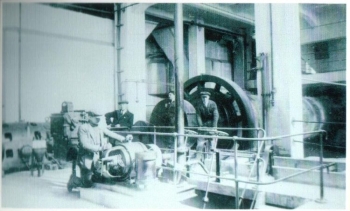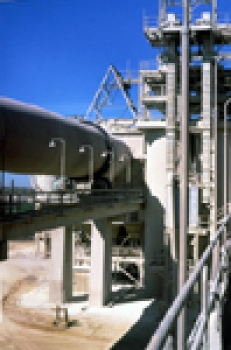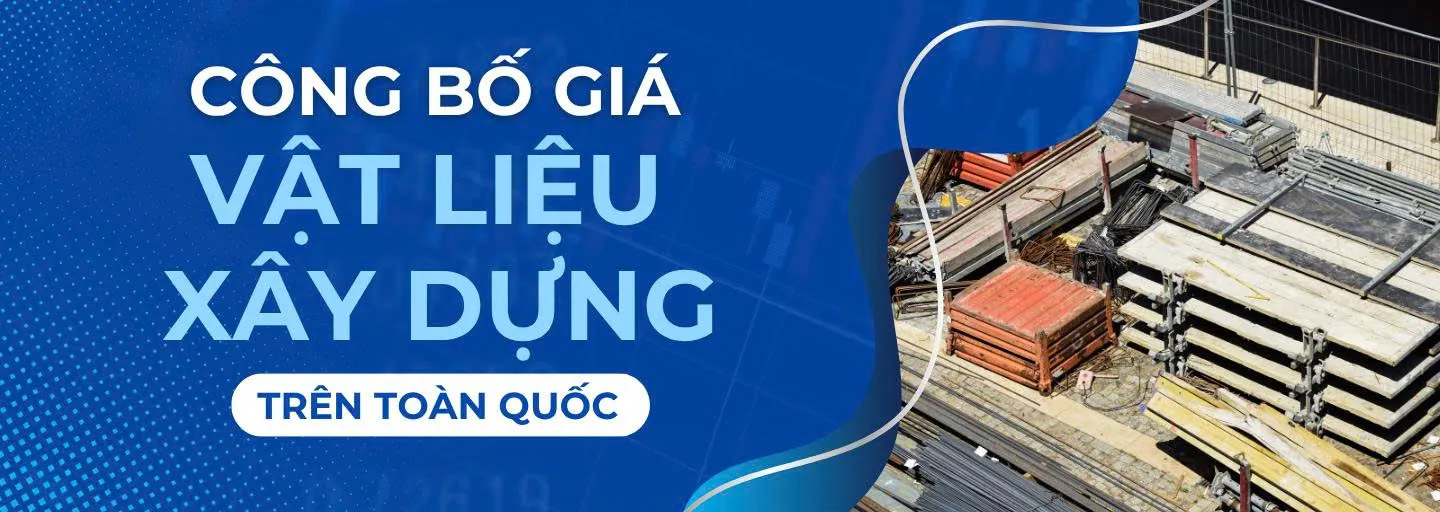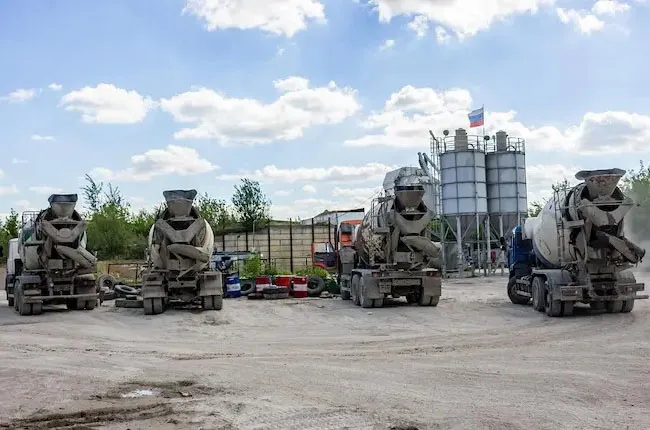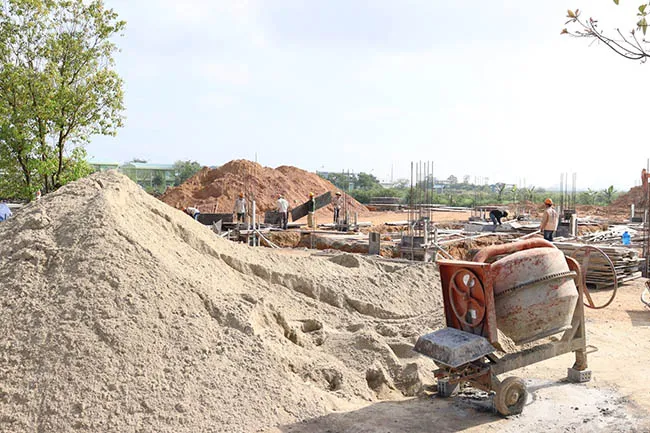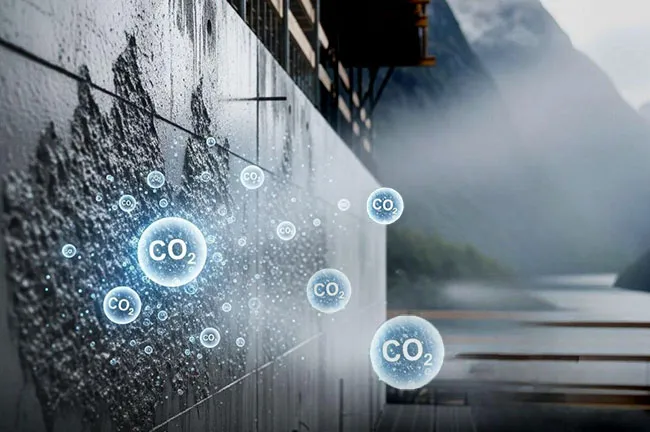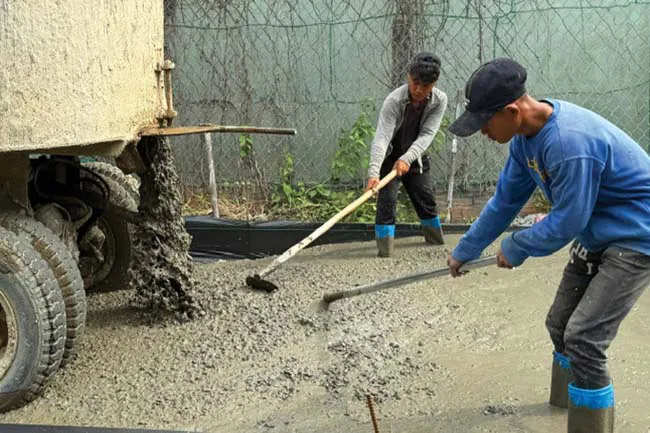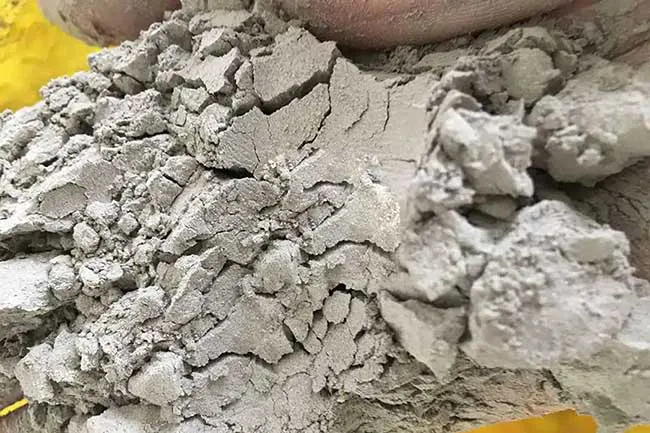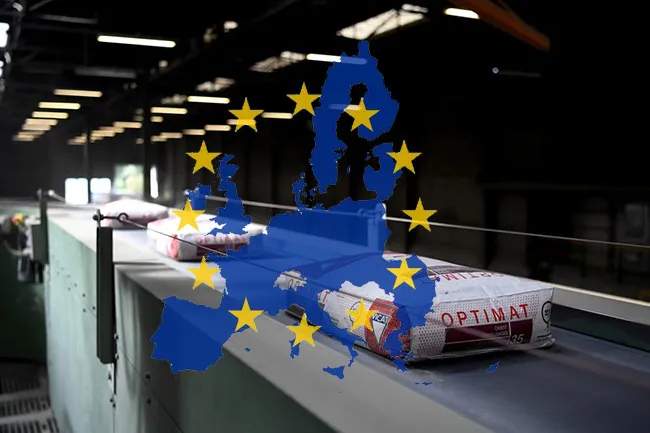Eco-efficient Manufacturing
The manufacturing of cement requires the processing of natural raw materials, like limestone and chalk, and the use of fossil fuels to heat our kilns.
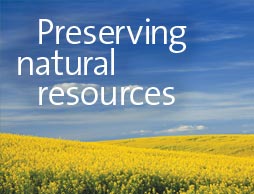
Sourcing Alternative Fuels
The manufacturing of cement requires the processing of natural raw materials, like limestone and chalk, and the use of fossil fuels to heat our kilns. While the production of cement generates greenhouse gases and other emissions from both the conversion of limestone to lime and from the combustion of the fuels, cement remains the most important ingredient in concrete - a fundamental component of building the infrastructure that modern society demands. The challenge, therefore, is to produce cement in a more environmentally responsible manner, without affecting the quality of the product.
As one of the largest cement manufacturers in North America, we understand our responsibility to provide a sustainable future and to protect the environment in the communities where we operate. That's why we're investing in innovative, eco-efficient technologies, such as the use of alternative fuels and raw materials in cement manufacturing. This approach preserves natural resources and helps keep waste out of landfills and incinerators, while at the same time, helping create an essential building material for the future.
Fueling an innovative process
Alternative fuels for our cement kilns can be produced from a wide range of industrial by-products. Use of these energy sources helps reduce our dependence on fossil fuels, and it also prevent those materials from ending up in a landfill.
A wide variety of items can be co-processed and prepared for use as fuel in our kilns. Old mattresses, carpets, plastics, tires and many other objects are shred to precise specifications to generate the most consistent results. Even liquids like paint sludge, off-quality shampoos and detergents can be incorporated into the process.
These alternative fuels are prepared for us by our subsidiary waste management company, Geocycle. They offer their industrial clients a full suite of progressive, solutions-oriented waste management services focusing on best practices of re-use, recycle and co-process. By diverting a significant portion of their clients' waste streams from landfills and using it to create alternative fuels for our kilns, they help saves vital natural resources for future generations.
By holcim.us




